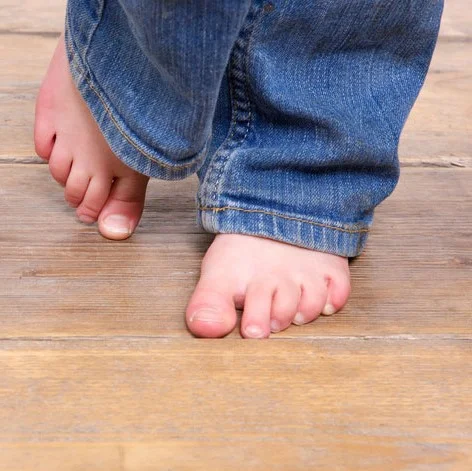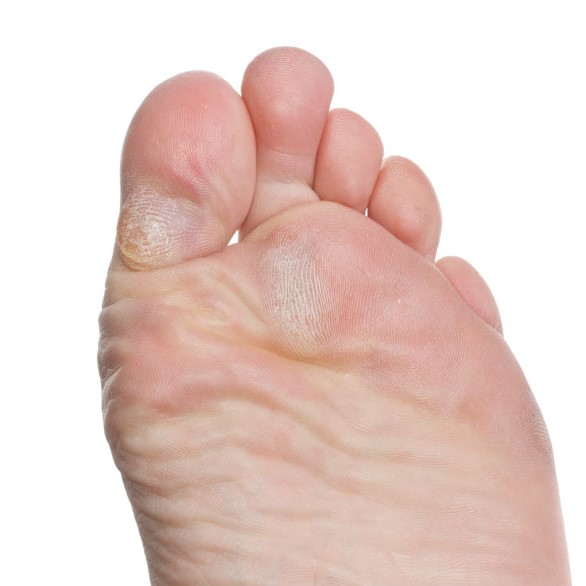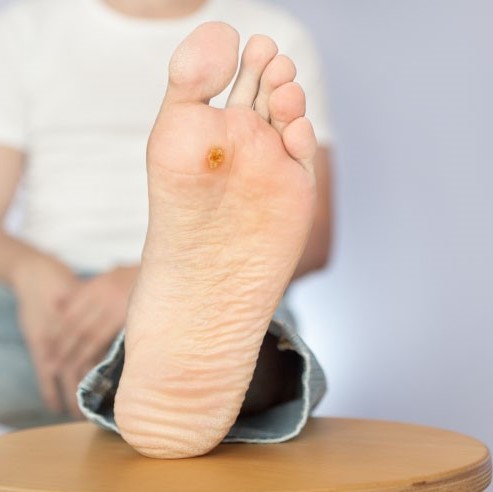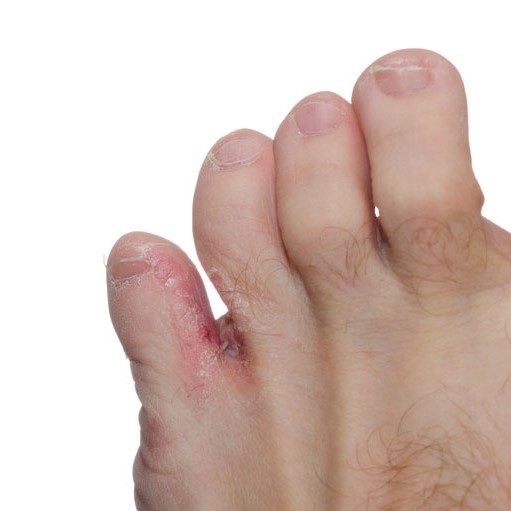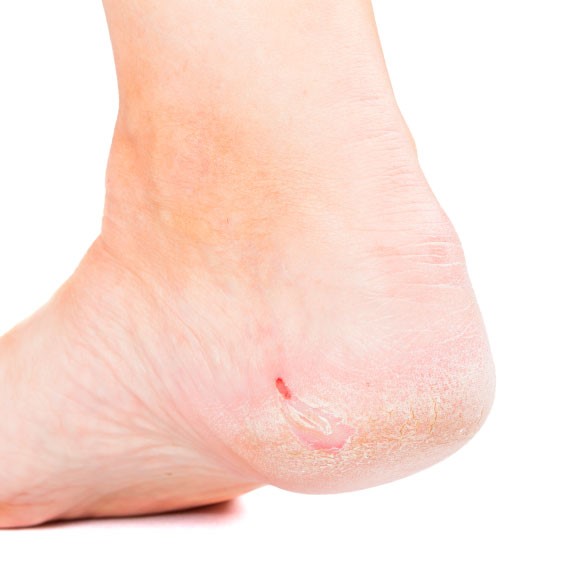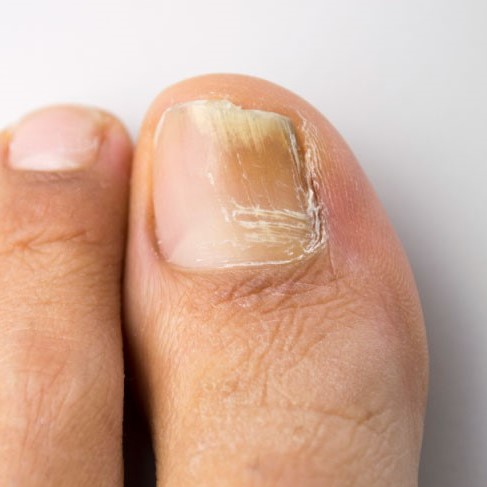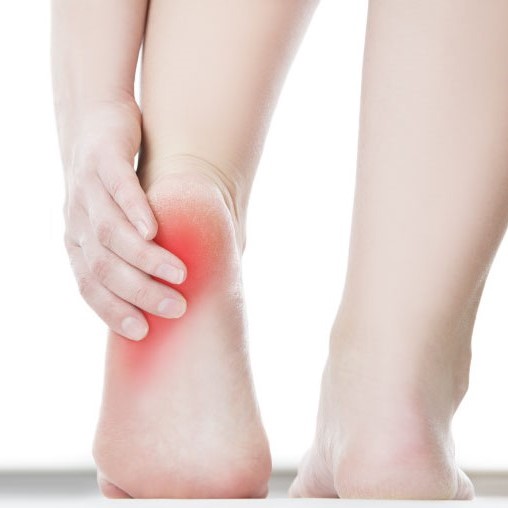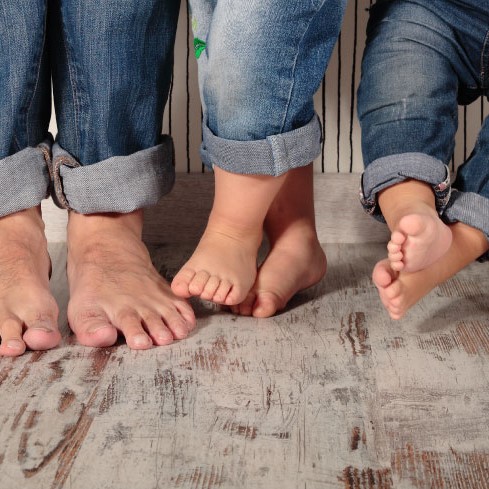Intoeing
Did you know that most foot and leg problems can be prevented?
What is intoeing?
Intoeing is when the feet turn inwards when walking and running rather than pointing straight ahead. People sometimes described this as being pigeon-toed. Intoeing is very common in childhood and usually resolves without treatment as children grow up. Most people think that intoeing is a foot problem. However, intoeing can originate from the foot, tibia (lower leg) and/or femur (upper leg). Parents often bring their child to see our podiatrists because they are concerned their child is walking and running differently to other children. They may also have a tendency to trip over. Despite all this, intoeing is usually considered normal and just needs to be monitored. While intoeing generally resolves itself, it needs to be checked out if it is:
Causing pain/fatigue in the legs/feet
Severe and not improving with time
Only present on one foot/leg
Causing a child to trip regularly and making it difficult for them to participate in activities
Causing excessive shoe wear
If your child has one of the above-mentioned signs and symptoms, it’s best to book an appointment with one of our experienced podiatrists.
What causes intoeing?
There are three common causes of intoeing: metatarsus adductus (foot bends inwards from the middle section), internal tibial torsion (lower leg twists inwards) and internal femoral torsion (thigh bone twists inwards).
Treatment for intoeing
The first priority is to determine the origin of the intoeing and then the relevant treatment options will be explained to you and your child. These may include:
Altering sitting/sleeping positions
Footwear advice
Massage
Stretching exercises
Strengthening exercises



